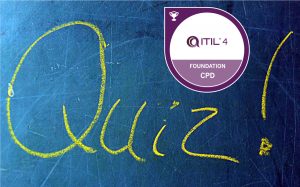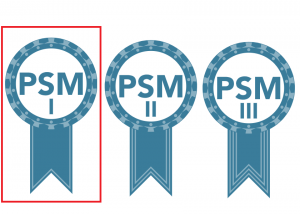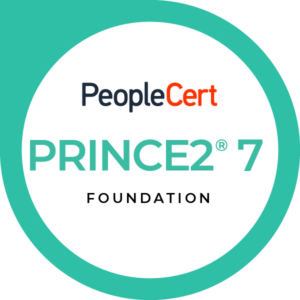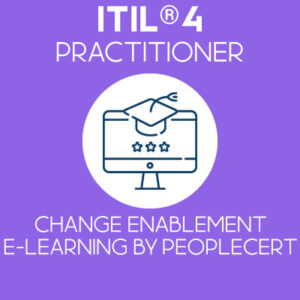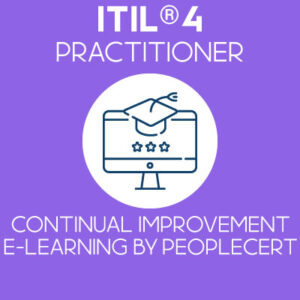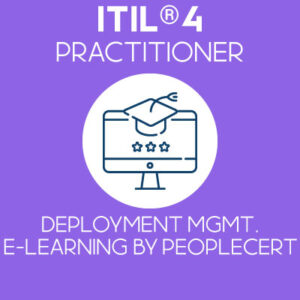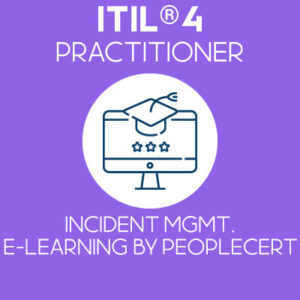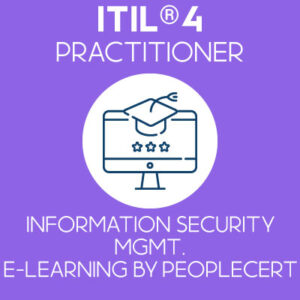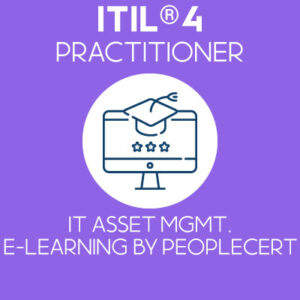After having read the Scrum guide, you may wonder what becomes of managers while using this framework. After all, Scrum teams are self-managing right? So why would we still need managers in an Agile organization using Scrum?
Table of Contents
The role of management in Agile organizations
Actually, managers are still required in an Agile environment but their role and responsibilities significantly evolve.
We explore in this article what those significant changes are and how they relate to a Scrum environment.
The VACC leadership approach in Agile organizations
The changes to leadership in an Agile environment have actually been described by Mc Kinsey under the acronym VACC. This new approach to leadership comprises of four new roles:
- Visionary
- Architect
- Coach
- Catalyst
We will use this approach in the article to describe the responsibilities of leadership working in and with a Scrum environment.
For more info on VACC, I redirect the reader to Mc Kinsey article The new roles of leaders in 21st century organizations. For more info on Scrum, you can refer to our Scrum video series.
Now let’s have a look at how VACC actually pairs with Scrum by looking at one role at at time.
Note: Excerpts of Mc Kinsey’s article on VACC roles are in italic
The VACC Visionary role and Scrum
Leaders shape the emergence of a clear, compelling purpose and vision – a North Star – that resonates throughout the organization and beyond.
In Scrum, Scrum teams are developing products. A product has a product vision. A product vision is accomplished by completing one or more product goals. Those product goals are achieved one at a time. Developing and communicating the product vision and product goals is the responsibility of the Product Owner. The development of products in a company should contribute to achieving its vision. Product Owners therefore work with leaders on how the completion of Product goals contributes to the vision crafted by those leaders. Products in Scrum should be achieving outcomes supporting the vision of the company.
The VACC Architect role and Scrum
Leaders take on the more sophisticated role of designing the organization as an open and empowered system, able to continually plan, execute, and adjust flow of resources across shorter working cycles in pursuit of its North Star.
In Scrum, the basic organizational unit is the Scrum team, a cross functional and self managing team of typically 10 or less members. For those teams to thrive in the completion of their goals, support from the rest of the organization may be required. The Scrum Master plays a key role in educating and facilitating how the organization interacts efficiently with Scrum teams. The role of leaders is far more important as they have the authority to lead and redefine organizational structures which impedes Agility and value delivery, they are the one creating conditions for success. Leaders interacting with Scrum teams remove impediments when required and set up the organization to be fit for purpose – they remove organizational debt.
The VACC Coach role and Scrum
Capability building—of mindsets, knowledge and skills—becomes a critically-important area that leaders need to address.
In Scrum, the building of capabilities such as mindsets, knowledge and skills is actually performed by the Scrum Master. He/she coaches the Product Owner, the developers and the rest of the organization in understanding how Scrum works and developing new mindsets. He/she also brings in new perspectives, ways of working and practices in support of generating value to the organization through iterative and incremental development. Leaders support Scrum Masters (and other Agile coaches) in carrying those messages to the rest of the organization. They also assist in recruiting skilled resources contributing to capability building and challenge other leaders and members in their ways of working and structure.
The VACC Catalyst role and Scrum
As catalysts, leaders unleash energy throughout the system. They do this in four primary ways: remove roadblocks that prevent empowered teams from bringing ideas to reality; foster connections across the organization; help people connect what they’re working on to the organization’s vision and aspiration; and finally, encourage an inclusive and welcoming environment of wholeness.
In Scrum, the role of catalyst is mostly taken on by the Scrum Master. He/she makes sure that the team operates in a safe and welcoming environment, facilitates the removal of impediments and helps to connect the team to other parts of the organizations. What the Scrum Master may not always address is the connection of the work to the organization vision and aspiration. It is the role of leaders to ensure that the initiatives running through the organization are deeply connected to the organization vision, mission and desired outcomes. This starts by creating visibility and transparency on those initiatives and a call on focusing and prioritization!
Conclusion – VACC and Scrum
In summary, a great part of the VACC roles – and therefore the parts that managers should play in an Agile environment – are already present and acted in a Scrum team with the Product Owner and the Scrum Master.
HOWEVER some key responsibilities of leaderships are actually not addressed by Scrum.
Coming to mind is the organizational set up and connecting work to the company’s vision. This require leaders utmost attention.
Removing organizational debt (making the organization fit to deliver value), prioritizing and helping the organization to focus are key responsibilities of leader in Scrum and Agile environments.
Just make sure that this is addressed properly in your organization then! A Lean Portfolio Management can be one of those solutions.
Check out our latest blog posts


